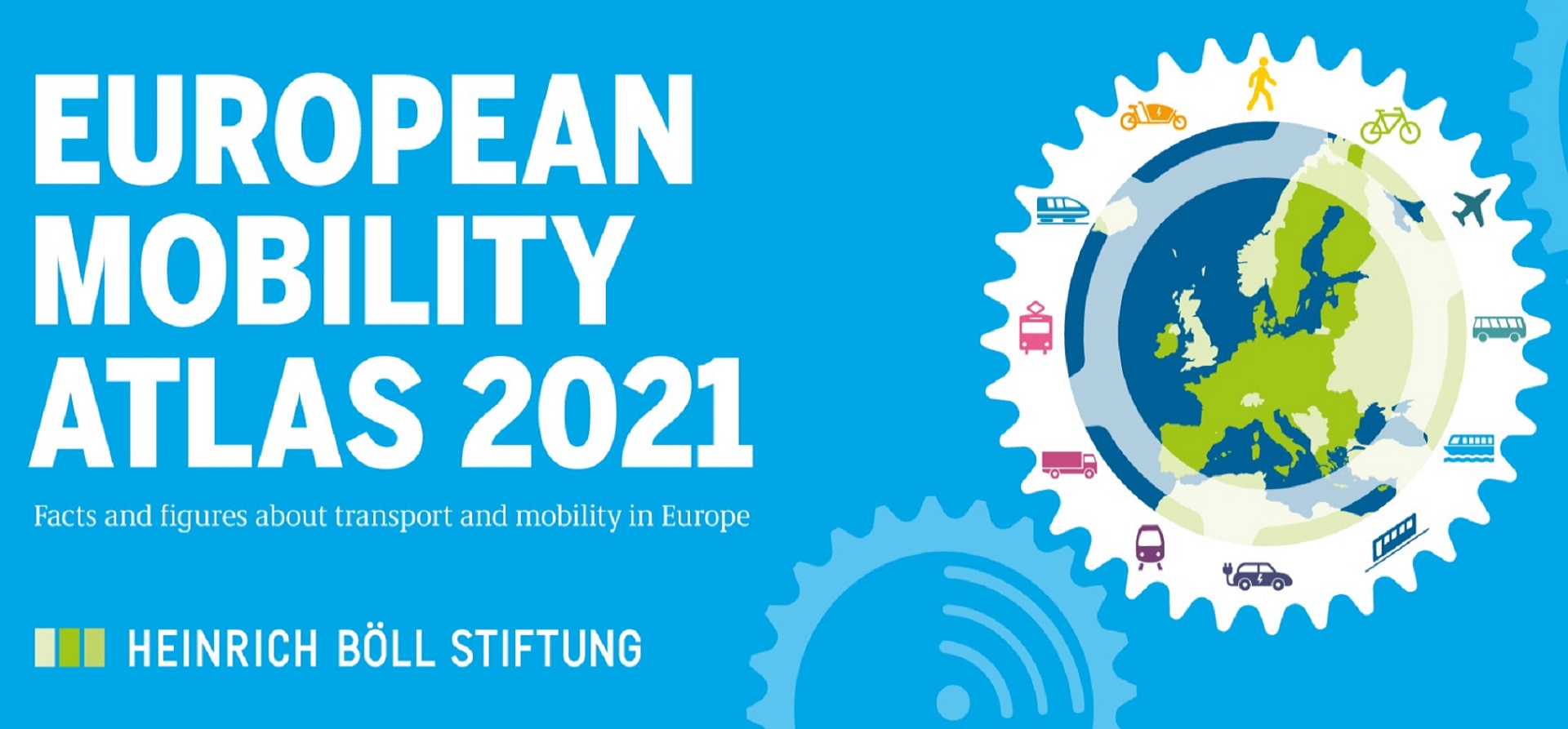Energy resilience has come sharply into focus over the past year due to Russia’s invasion of Ukraine and the associated energy crisis. But aside from geopolitical effects, extreme weather poses the greatest threat to maintaining reliable and affordable energy. Laiz Souto (University of Bristol) and Matthew Wright (University of Oxford, Royal Meterological Society) explain what is at stake.
All posts tagged: climate change
The Caribbean’s energy conundrum
Small island states tend to face a double challenge when it comes to energy: Securing sufficient energy supplies and dealing with the immediate impacts of climate change. The Caribbean – comprised of 31 individual island states – is facing the brunt of energy and climate insecurity. As the region suffers a Covid-induced economic slump in its all-important tourism industry, it is also witnessing increasing extreme weather events, rising sea levels and extremely high electricity and energy prices. The latter three phenomena have been around for years, so why has the Caribbean not adapted a more sustainable energy policy? Rebecca Bertram has the Details.
Don’t Look Up: star-studded film is a disaster-parable on climate inaction
The apocalyptic film has polarized critics while furthering a global debate on our collective failure to act on the climate emergency. With Hollywood stars like Leonardo DiCaprio, Meryl Streep and Jennifer Lawrence, since it’s release on December 24, it’s become the second-most-watched Netflix original film in the streaming platform’s history. Its popularity demonstrates a widespread hunger for climate-themed media while offering a global warning about trusting U.S. politics. Lead blogger and podcaster, Michael Buchsbaum offers his take.
Carbon markets are stalling speedy global climate action
Six years on from the cheers, claps and cries to welcome the Paris Agreement, global temperatures and emissions are rising, as dusk settles on the promise the agreement holds for planet Earth. It’s fading hope is today matched with faltering efforts to implement its Article 6. Michael Davies-Venn argues that failures to reach agreements on Article 6 illustrates an unfortunate mistake of conceiving of an imminent global environmental crisis as an economic problem. This misconception, he says, creates an illusion that an international carbon market is a suitable climate change solution.
Angry Weather: Attribution Bolsters Climate Science
The implications of weather-attribution methodology, which pins individual extreme weather events to human-induced global warming, are vast.
Threatened masculinity as an obstacle to sustainable change
Fossil fuels are not only linked to high emissions and climate change, but are also part of a social identity that is faltering: masculinity, argues Cara Daggett, a political scientist who coined the phrase “petro-masculinity”. The transition to a more climate-friendly future is connected to the future of fossil fuels and also to challenges to (white) male privilege. This struggle is evident when talking about the current decision-making landscape, which is predominantly male and has scant room for diverse perspectives. Kathrin Meyer draws a line between threatened masculinity and the stagnation of key energy and climate issues.
A cry in the desert: Poland wakes up to climate debate
Too late, too slow, too stifled, but it has arrived: Climate policy is finally taking centre-stage in the public debate. Michał Olszewski reports from Poland.
The oil trap – Ecuador’s quest to clean up its energy mix
Climate change and international decarbonisation efforts led Ecuador to expand its renewable energy capacities. Given its significant potential for renewable energies, why is the nation unable to shake off its dependency on oil and move to a clean energy mix? Kathrin Meyer explores the factors at play in the South American country.
Edging into the hydrogen age: Carbon Brief questions if it can really solve climate change
Long recognized as an alternative to fossil fuels and once again heralded as an invaluable tool for tackling climate change, hydrogen is a key component within many of the recently announced national net-zero energy plans being rolled out by individual nations as well as the European Union. Hydrogen will likely be given a center role in new President Joe Biden’s climate plan too. To help sort out hope from hype, climate think tank, Carbon Brief recently published a detailed and invaluable hydrogen explainer. With comments from one of the analysts quoted in the explainer, L. Michael Buchsbaum helps untangle hydrogen’s reality.
Time for a rethink: unveiling the Heinrich Böll Foundation’s European Mobility Atlas
Achieving the goals of the European Green Deal and striking climate neutrality by 2050 means transforming the entire mobility sector, which currently makes up nearly 30 percent of the bloc’s CO2 emissions. To help steer readers in the right direction, the Heinrich-Böll-Stiftung’s (hbs) new 2021 European Mobility Atlas provides a host of fact-based recommendations from sector experts. As 2021 is also the European Year of Rail, many of the Atlas’ graphics focus on this key sector, including the impacts of enhanced night-train service and more continent-wide cross-border connections. Franz Timmermans, Executive Vice President of the European Commission for the European Green Deal, dubbed the publication a “fantastic resource,” and underscored that “the more people who know about this, the more successful we’ll be.” A review by L. Michael Buchsbaum.
